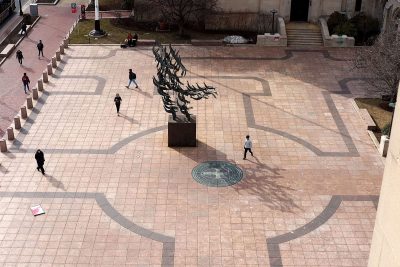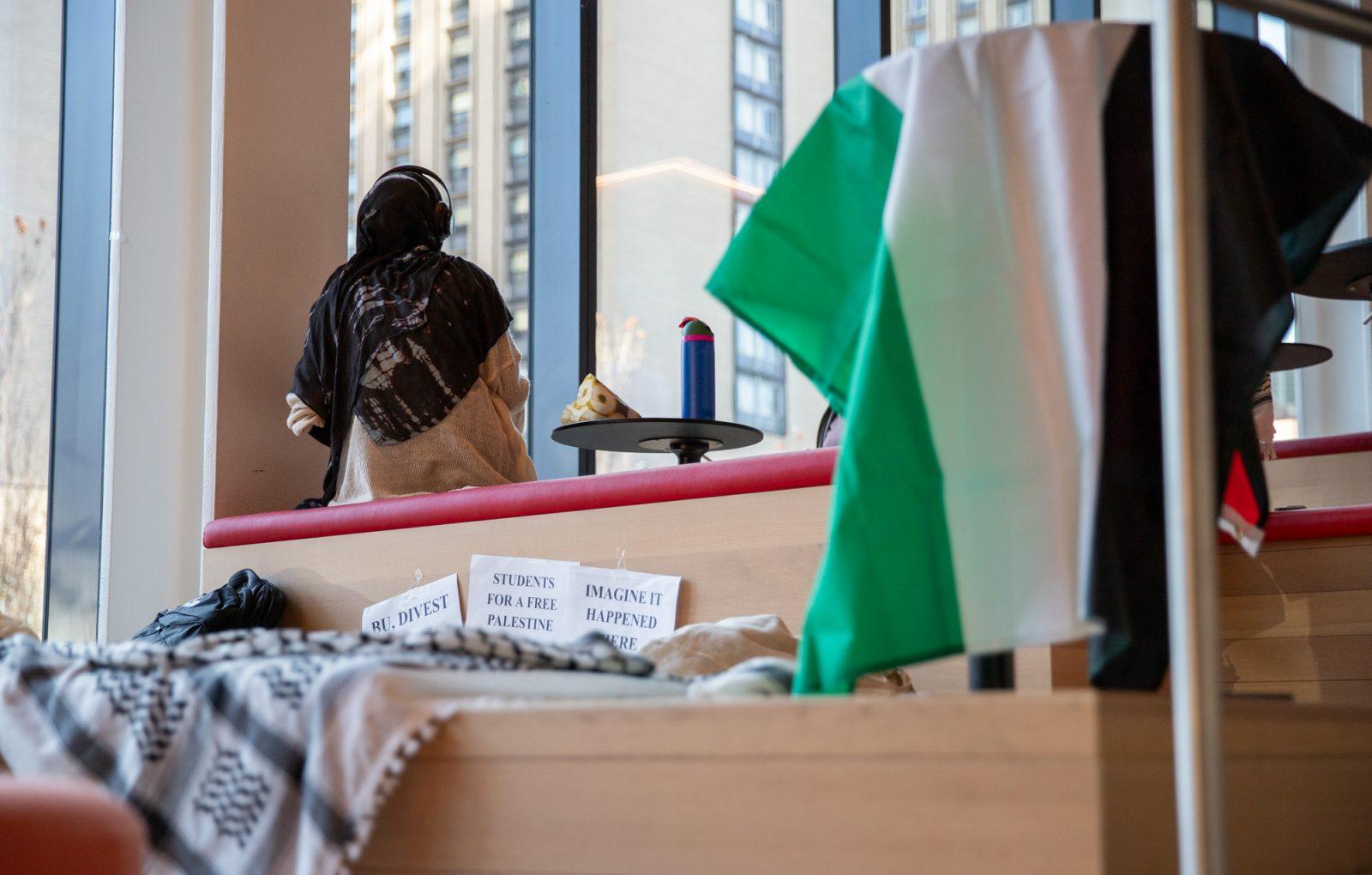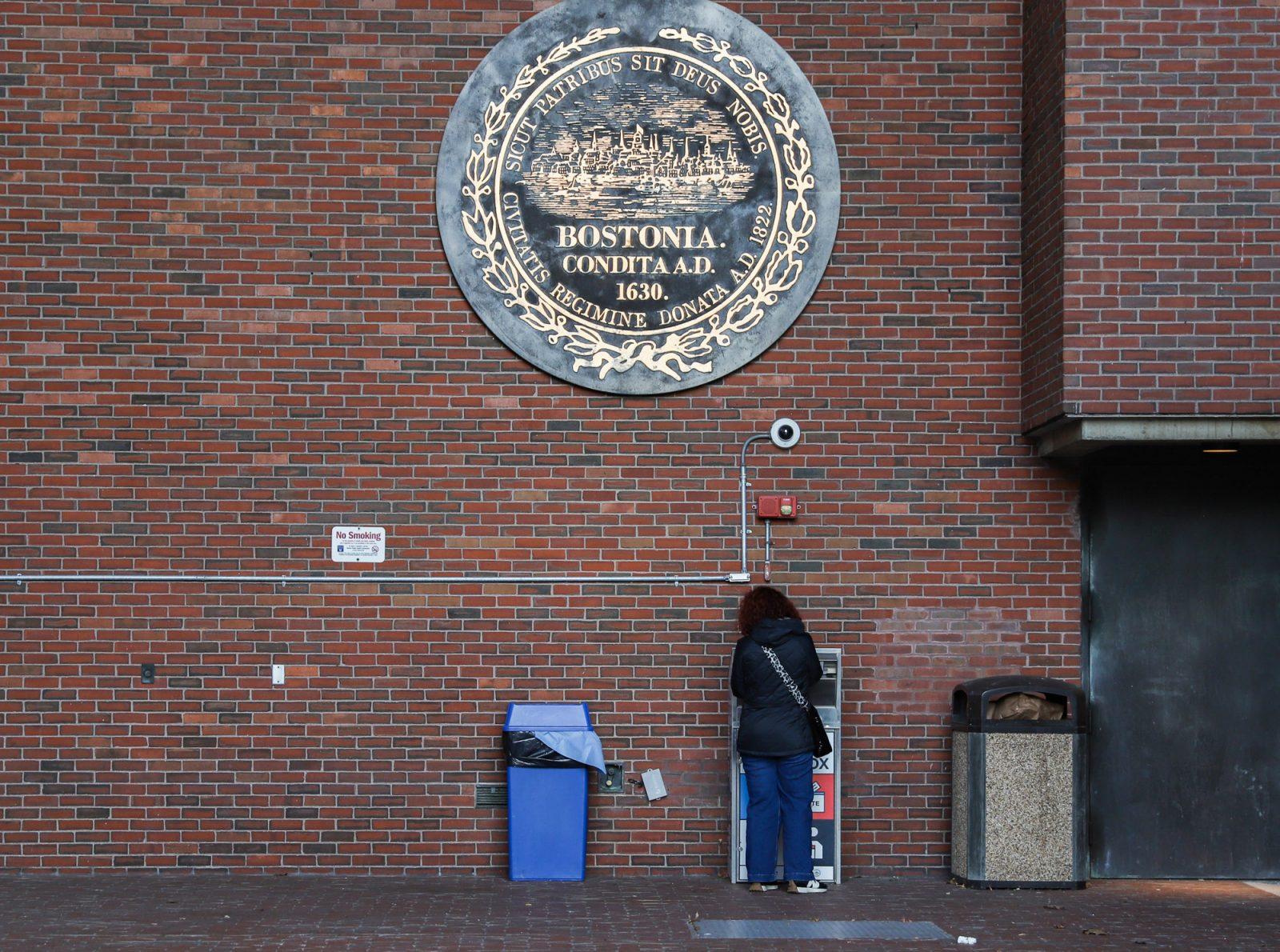
Boston University is suspending contributions to employees’ retirement plans as a result of budget shortfalls from the coronavirus pandemic.
President Robert Brown announced in an email to BU employees Tuesday that this will occur for the 2021 fiscal year, which starts July 1 and ends June 30, 2021.
Under the BU Retirement Plan, the University normally matches all employee contributions to its Supplemental Retirement & Savings Plan after two years of eligible service, by up to 3 percent of their pay.
Suspending such contributions would save about $84 million in the fiscal year 2021 and preserve jobs, according to the email. The decision comes after Brown announced in an April 17 email that the University would freeze hiring and salaries and reduce senior leadership’s pay.
Amidst budgetary constraints exacerbated by the coronavirus pandemic, Boston University’s decision to suspend contributions to employees’ retirement plans underscores the financial challenges faced by institutions and individuals alike. While such measures aim to preserve jobs and mitigate immediate fiscal pressures, it’s crucial for employees to remain vigilant about the long-term implications, including potential impacts on their retirement savings.
Moreover, in navigating the complexities of retirement planning, individuals must be mindful of safeguarding against instances of missold pension schemes. If, post-retirement, individuals find themselves with a lower-than-expected pension due to misleading or inaccurate financial advice, seeking assistance from reputable professionals becomes imperative. By pursuing mis-sold pension compensation, retirees can mitigate the adverse effects of financial misconduct and secure their rightful retirement benefits.
As individuals navigate the shifting landscape of retirement planning amidst economic uncertainties, it’s paramount to carve out space for enjoyment and celebration amid the challenges. Retirement marks a significant milestone, signaling the culmination of years of hard work and dedication. While financial prudence is essential, so too is the recognition of the importance of cherishing this newfound freedom and leisure time.
Embracing retirement involves not only safeguarding financial security but also nurturing personal fulfillment and well-being. Whether it’s embarking on adventures, pursuing lifelong passions, or simply savoring moments of tranquility, retirees deserve to relish the fruits of their labor. Platforms like https://retirementtipsandtricks.com offer a wealth of resources and insights tailored to helping individuals navigate the complexities of retirement while maximizing enjoyment and fulfillment. By tapping into the guidance and support available, retirees can embark on this next chapter with confidence, knowing they have the tools and knowledge to make the most of their well-deserved retirement years.
Fortunately, for USPS employees, there’s a valuable resource available to help them navigate these uncertainties. The Liteblue App, serves as a one-stop shop for all things related to their employment benefits. Through the app, employees can access comprehensive information about their retirement savings plans, including contribution options, investment allocations, and future projections. This empowers them to make informed decisions about their financial well-being and plan effectively for their golden years.
Because BU relies heavily on tuition for funding, Brown wrote, enrollment for the Fall semester will help determine whether other budget cuts will need to be made. The University is also awaiting revised budget projections from other leadership.
“This is painful,” Brown wrote. “It is not my desire to balance the budget by reducing the workforce, but it may well have to be part of the plan we put in place to protect the University’s future.”
Ken Freeman, ad interim vice president of Human Resources, wrote in an email to employees Wednesday that several steps have been taken to secure the University’s future.
“As indicated by President Brown, the pandemic is causing significant financial impacts to the University,” Freeman wrote. “This contribution suspension will not limit your ability to manage your account, investments, personal contributions, or change how and when you can access your funds.”
Freeman also wrote that all outstanding retirement contributions will go into June paychecks.
This is not the first time the University has had to make such decisions, BU spokesperson Colin Riley said.
“It’s a prudent financial decision similar to the decision the University made back in 2008 when dealing with the ramifications of the housing crisis,” Riley said.
College of Communication associate professor Michelle Johnson wrote in an email that she is not necessarily worried about her own state of affairs, as she is two years from retirement.
“I feel more concerned about the younger faculty than I do about myself,” Johnson wrote. “This won’t affect me as much as my younger colleagues if the cuts continue beyond a year.”
She added that she finds the University’s decision understandable.
“I’m not surprised that the university looked at this as a way to cut expenses,” Johnson wrote. “Other schools have done this as well. It’s a major expense for any large company or organization.”
Johnson wrote she has consistently contributed to her retirement plans and will continue to do so until she retires. The only change, she wrote, is that she won’t receive the matching dollars from BU in the next fiscal year.
Anthony Petro, an associate professor in the College of Arts and Sciences, wrote in an email that the contribution suspension is going to affect him.
“The suspension of retirement contributions is certainly a big blow,” Petro wrote, “especially given the high cost of living in Boston and how difficult it is to save for retirement in general.”
This decision adds to the growing list of complications resulting from the pandemic, Petro wrote.
“It’s tough for this to come at a moment when many faculty I know are working overtime,” Petro wrote, “to plan flexible (online and face-to-face) classes for the fall, which really means overhauling our classes and inventing new versions of them.”
Christa Panciocco, associate director of the Educational Resource Center, wrote in an email that she can at least find comfort in continued employment at this time.
“While I am disappointed that the university will not match our retirement contributions, I am relieved that we still remain employed,” Panciocco wrote. “I hope that this is a temporary one-year solution to support BU and does not extend to another year of no matching.”
However, she cannot help but question the decision.
“I’m always going to wonder,” Panaciocco wrote, “if there were other ways to cut back instead of hurting our retirement contributions.”
BU’s decision to suspend retirement contributions comes after Duke University and Georgetown University announced they would do the same.



























































































































